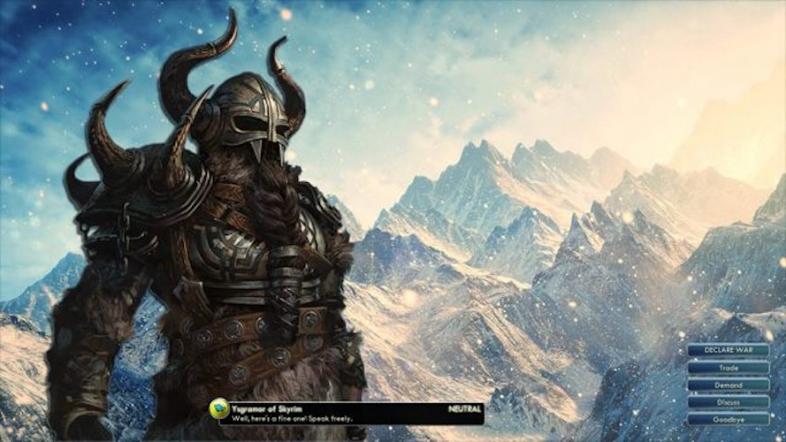
In fact, everything in Brave New World pushes towards the direction of having more interaction between civs, of broadening the context for strategic decision-making. Instead of a bunch of civs slowly gliding toward the culmination of their chosen strategies - with only the Conquest civs choosing to fight wars - the finale of a Brave New World game is much less predictable, and 10 times more exciting, because there are so many more points of conflict. These two factors change the endgame tremendously. Let's see how the French feel about their own cultural achievements when my nation of artists and writers start carpet-bombing Paris. But the bottom line is simple: culture-weak civs are easy prey for tourist influence, but culturally strong ones can be an insurmountable roadblock to the culture victory … unless something bad were to happen to them. You’ll be glad I explained it that way, because Civilopedia is so inscrutable on this point that I think the Sphinx must have written it. And when all of the civs have fallen under the spell of your music, paintings, and literature, you get the culture victory. Once you cross a certain ratio of tourism-to-culture, the other civilization falls under your influence. In a nutshell, culture still unlocks policies as before, but most cultural buildings have sockets in them where Great Artists, Musicians, and Writers can place Great Works, generating tourism that slowly earns you influence over the other civs. Too often, culture demands weakness you just build lots of cultural buildings and Wonders, and then spend the 20th and 21st centuries taking a knee.īrave New World fixes this with the concept of tourism. In both Civilization IV and Civilization V, cultural victories are a passive process, especially because Civ V imposes huge cultural penalties on large empires. The other major change involves the culture victory, and its implications that affect even civilizations that eschew cultural achievements. This adds a lot more flexibility throughout the game. Once a civilization industrializes, it can choose from the ideologies of Freedom, Autocracy, and Order, and then select tenets that provide special bonuses and abilities. It’s similar to the religion systems of Gods & Kings, where the founders of a religion get to choose its beliefs. The first is to introduce ideologies as a subset of the culture-driven policy tree. There are two major prongs to Brave New World’s attack on modernity. Instead of just losing the endgame, now you can win it. That’s what makes Civilization V: Brave New World the best Civilization expansion so far. Most of the important decisions take place at the beginning of a game, and the last third is about managing momentum.

Here’s a fact: late-game Civilization is usually awful.


 0 kommentar(er)
0 kommentar(er)
